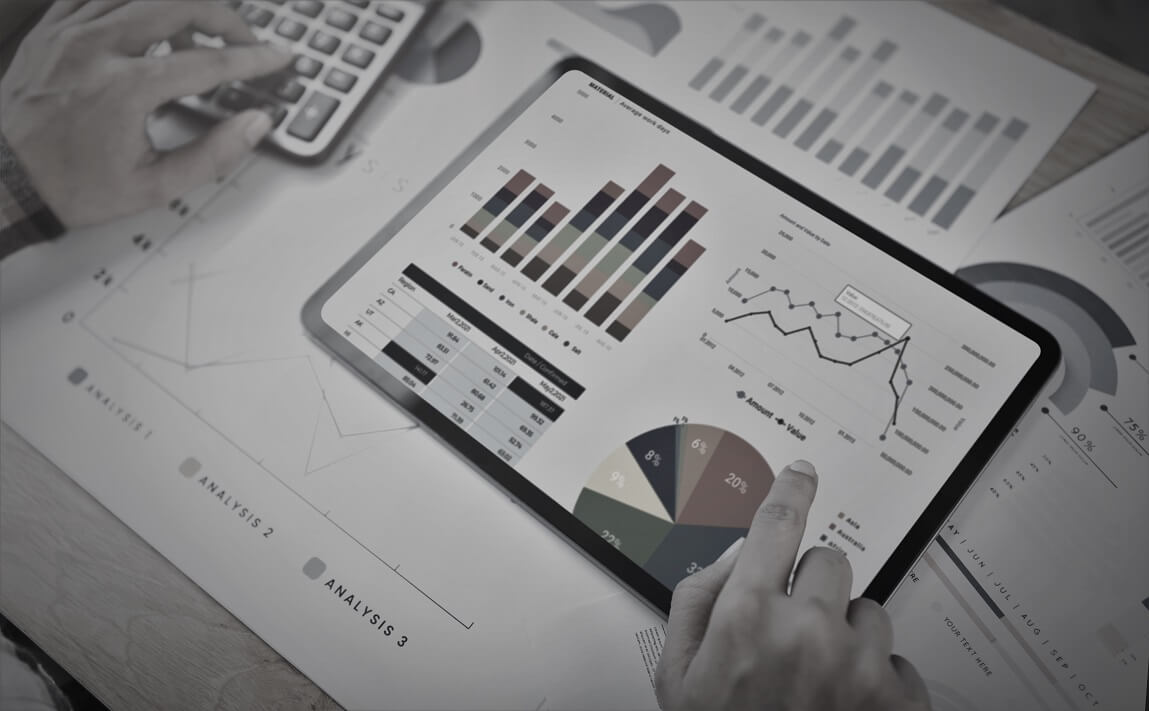The easy access to the internet and proliferation of social media channels & forums has made consumers today more digital-savvy & ‘social’ focused. To keep up with this change, marketers are increasingly diverting marketing spends from traditional channels to digital ones. This has also led to a geometric increase in chatter around consumers and their interactions with various products & services resulting in humongous amounts of easily accessible ‘branded’ data which can help brand managers understand online buzz so as to create winning online and offline marketing strategies.
SixthFactor Consulting combines traditional research techniques with new-age social media extraction & analysis tools to help brands decode these consumer sentiments that are available online. With bespoke analyses frameworks customizable to a variety of product categories and social media content types like text, hashtags and pictures, SixthFactor Consulting can help your business derive relevant and meaningful insights to help marketers define & refine their marketing strategies and tactics. We also assist you in gaining an advantage over your rival by providing you with social media competitor analysis.
Social media data analysis is a powerful tool that can be used to understand the feeling or tone of content, look at the content that is being shared on social media, and analyze how your competitors are using social media. Social media analytics can help you improve your return on investment for your social media strategy.
Social media statistics include a wide range of useful information like audience distribution, number of impressions for posts, mobile device interactions and responses by users. Those metrics can be broken down by different dimensions, including time of day, geographic location, browser type and corporate domains
Content analytics helps distinguish actionable information about the messages that are being posted by the users of social media sites. This is possible by identifying designated keywords in social media posts, tracing customer sentiment based on positive or negative references to a company, monitoring for posts that refer to specific products or brands and detecting if there are any problems that could pose a threat to a company's reputation and profitability
Further Analysis of collected data would include looking at how different participants in social media communities interact with each other to help identify influential people within a community. Identifying such individuals or entities help us understand who or what is likely to influence the opinions of others. These entities should be further monitored and this will help spot trends or discussion threads that a company needs to respond to, either to reinforce positive comments or to answer negative ones.
In order to make use of the vast amount of information being generated by social media users, market research companies in Dubai are using sophisticated software to analyze and interpret it. Such software can help market research companies in Dubai make better decisions about where to allocate their resources, how to target their marketing campaigns and what kind of content is most likely to resonate with their target audience.


